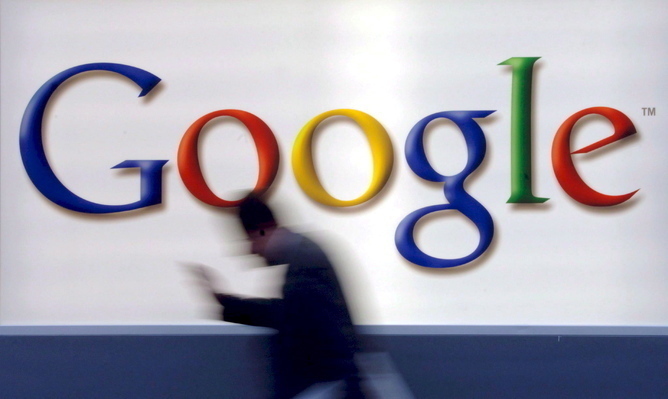It was called Mobilegeddon and it heralded a fundamental new way that Google ranks its searching results, potentially affecting the “top 40%” of websites
Google now includes a criteria about how “mobile-friendly” a website is, in rightful recognition of how more and more of the internet is consumed on mobile devices like smartphones and phablets.
Mobilegeddon has had a not insignificant amount of bad press and scaremongering, as influential blog Business Insider wrote last week: “Google is making a giant change this week that could crush millions of small businesses”.
But when you unpack the changes they are a lot less diabolical than they first sound. The search ranking affecting mobile-friendly will only appear when you do mobile searches from a smartphone – which is kind of obvious for search results that would be more relevant for a smartphone users. Additionally, Google gave two months of notice.
Still, there will be lots of gnashing of teeth to come and rumblings about how unfair Google is. The last major change to Google algorithms, called Panda, affected 11% of all search results, according to the SearchEngineLand website.
But, Mobilegeddon is a good example of Google using its monopoly for a good cause. The future of the web is mobile and most of these “top 40%” of sites have failed to understand or adapt to mobile versions. It’s stupidity incarnate. Firstly not to be aware of such a key trend and, secondly, not to know of the impending Mobilegeddon; and, finally, not to prepare for it.
Google considers itself a “mobile-first” company, a phrase Eric Schmidt coined when he was still CEO and speaking at theMobile World Congress in Barcelona in February 2010. It was a phrase in a larger message meant to convey how Google’s focus had shifted towards mobile devices, sensing it was the future of computer use. This was already every much in evidence with Android, but remember it was still not the force it is now when Schmidt made this pronouncement four years ago.
Google, Schmidt explained, focussed its developers to build software for the mobile platform (and thereby help Android in its battle for dominance with Apple’s iOS) before desktop or other platforms.
And Schmidt was right. Mobile is the future.
After a shaky start, Google has started making money from selling ads on mobile. Buying a little startup called Android that made smartphone software, then in its nascence, was a stratagem that has paid off for Google as its tried to reposition itself from its desktop computing prominence as the search engine of choice into the mobile ecosystem, where Android is now far and away the dominant operating system.
Meanwhile, the most interesting story about Google to emerge recently was how it passed over one of the greatest potential acquisitions it could ever have made.
A new book reveals that Google was going to buy the then bankrupt Tesla Motors for $11bn in 2013. Google co-founder Larry Page had accepted the deal but negotiations over seemingly minor details persisted until Tesla started to make money and Elon Musk cancelled the deal. Google has since unveiled its own driverless car concept that is simply backward and uncool compared to the Tesla supercars, which are the market leaders in electric cars.
How much is Tesla worth now? A cool $26bn.
It’s not hard to like the South African born Musk, who has emerged as the new Steve Jobs – a brilliant entrepreneur who – like Jobs, when he was named CEO of the Decade by Fortune magazine – has also influenced four major industries: micropayments (PayPal), privately-owned space flight at a fraction of the cost (SpaceX), electric car manufacturing (Tesla) and domestic solar power installations (Solar City).
In the latest revelation about Musk’s very geeky take on the world, he has begun naming the drone barges that his SpaceX rockets attempt to land on (the first two efforts haven’t succeeded) after specific characters – the eccentrically named sentiment minds of great spacefaring spaceships – in books by the legendary scifi writer Iain M Banks. To the initiated, it’s another reason to both admire and be impressed with this Pretoria boytjie.
